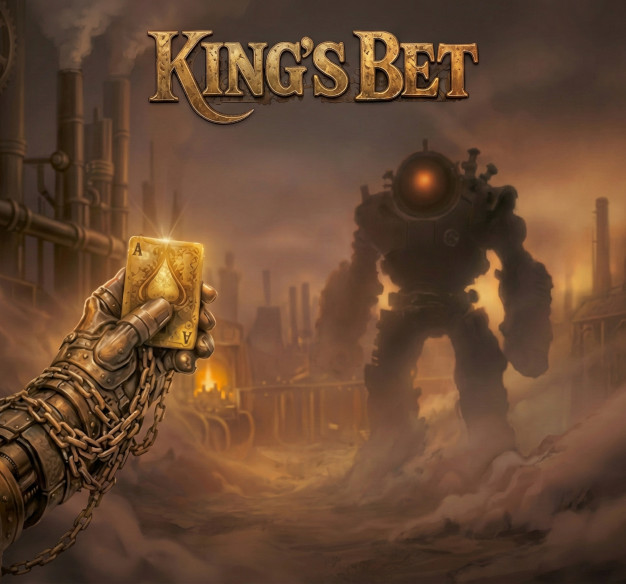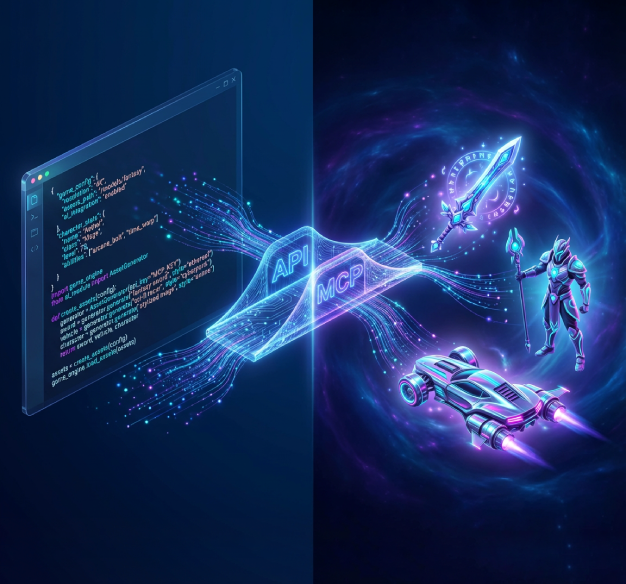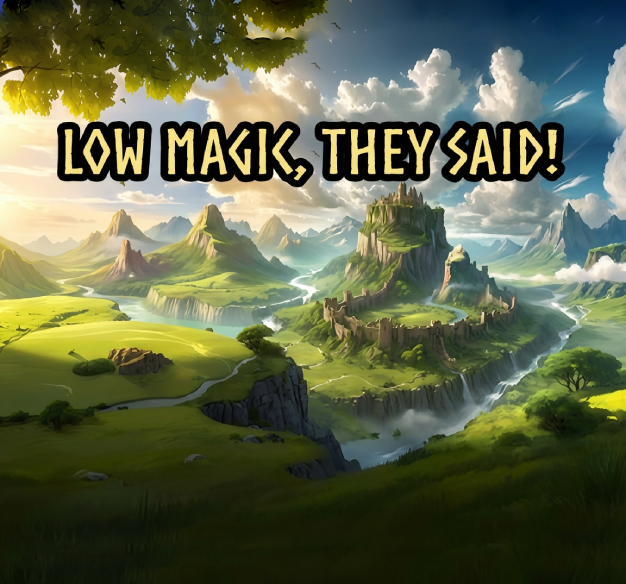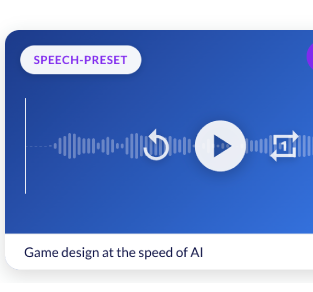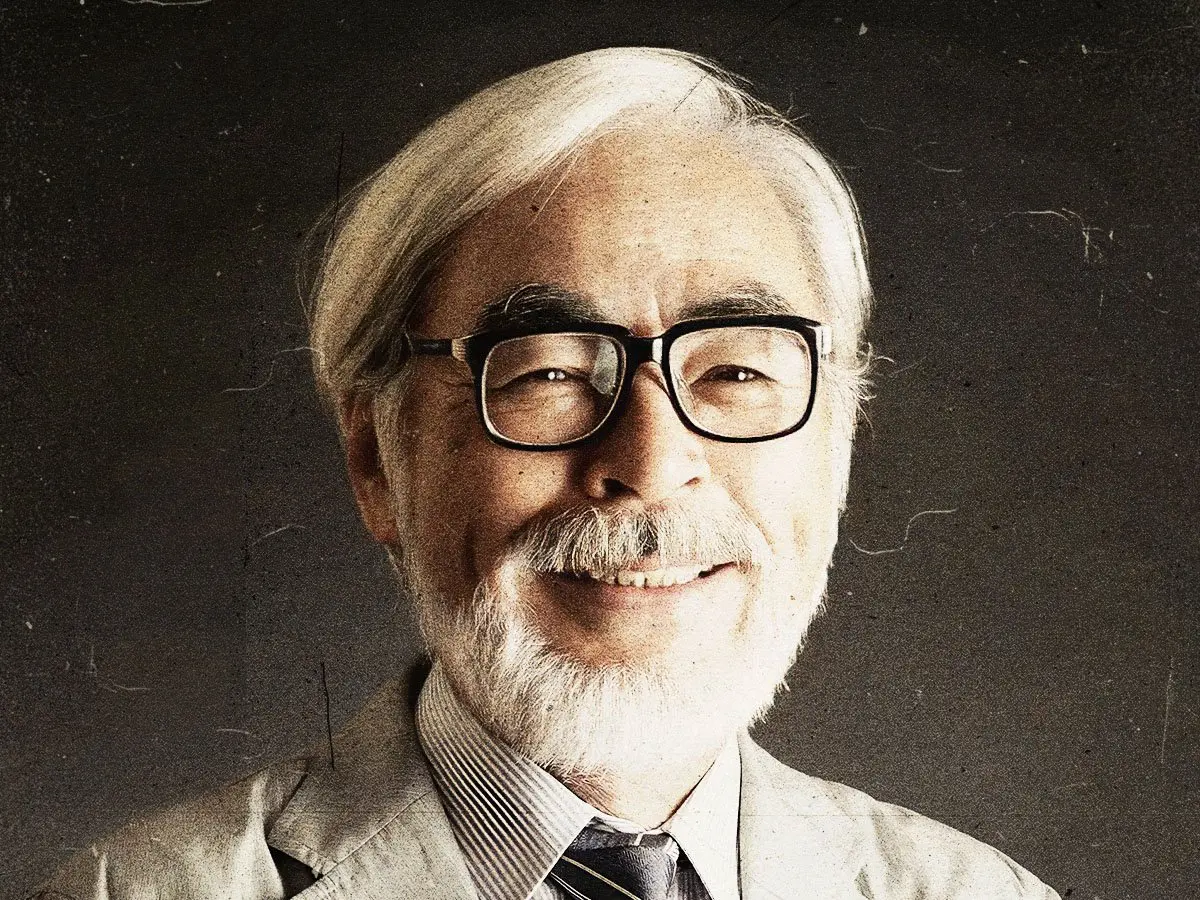
Hayao Miyazaki, the legendary animator and co-founder of Studio Ghibli, has made his disdain for the use of artificial intelligence (AI) in art and animation quite clear. In a 2016 interview with Spiegel Online, he called the use of AI-generated artwork "an insult to life itself."
In an excerpt from Far Out Magazine:
“In an online clip, we see a group of designers and animators showing Miyazaki and Studio Ghibli producer Toshio Suzuki their ‘creation’ of an AI machine that can animate images. It’s an admittedly horrific image of a fleshy monster-looking creature straight out of Resident Evil or Silent Hill dragging itself along the floor.
“It looks like it’s dancing,” the presenter says with desperation. “It’s moving by using its head. It doesn’t feel any pain and has no concept of protecting its head. It uses its head like a leg. This movement is so creepy and could be applied to a zombie video game. Artificial intelligence could present us grotesque movements that we humans can’t imagine.”
Now, why on earth this presenter decided to show this particular video to one of the greatest animators of all time remains to be seen, but it’s clear that Miyazaki is less than impressed, if not downright disgusted. He takes a moment to compose his thoughts and then proceeds to rain down hell on the AI creators.
“Every morning, not in recent days, I see my friend who has a disability,” Miyazaki recalls. “It’s so hard for him just to do a high five; his arm with stiff muscles can’t reach out to my hand. Now, thinking of him, I can’t watch this stuff and find it interesting. Whoever creates this stuff has no idea what pain is.”
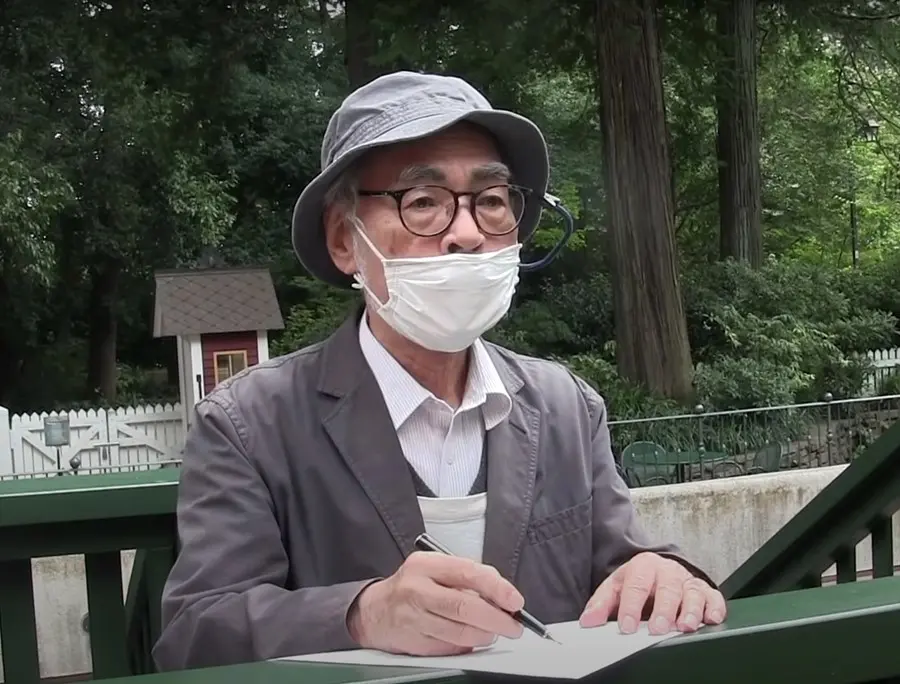
An awkward silence gathers in the room before Miyazaki drills the point home even further. “I am utterly disgusted,” he says.
“If you really want to make creepy stuff, you can go ahead and do it, but I would never wish to incorporate this technology into my work at all. I strongly feel that this is an insult to life itself.”
An internet commenter provides further context:
“After watching this I don't think he was criticizing the animation itself, but rather the idea that an AI that mimics human suffering as a means for animating is wrong. If you're utilizing an AI to animate suffering, you remove the human element of what it means to actually suffer, thus trivializing it in exchange for making the process of animating it more convenient. If you must animate suffering then illustrate it by hand so that there is a gravitas to it, felt by both the creator and the audience.”
Miyazaki is not alone in his skepticism of AI in the art world. Many artists and creators believe that the essence of art lies in the personal expression and human touch that AI cannot replicate.
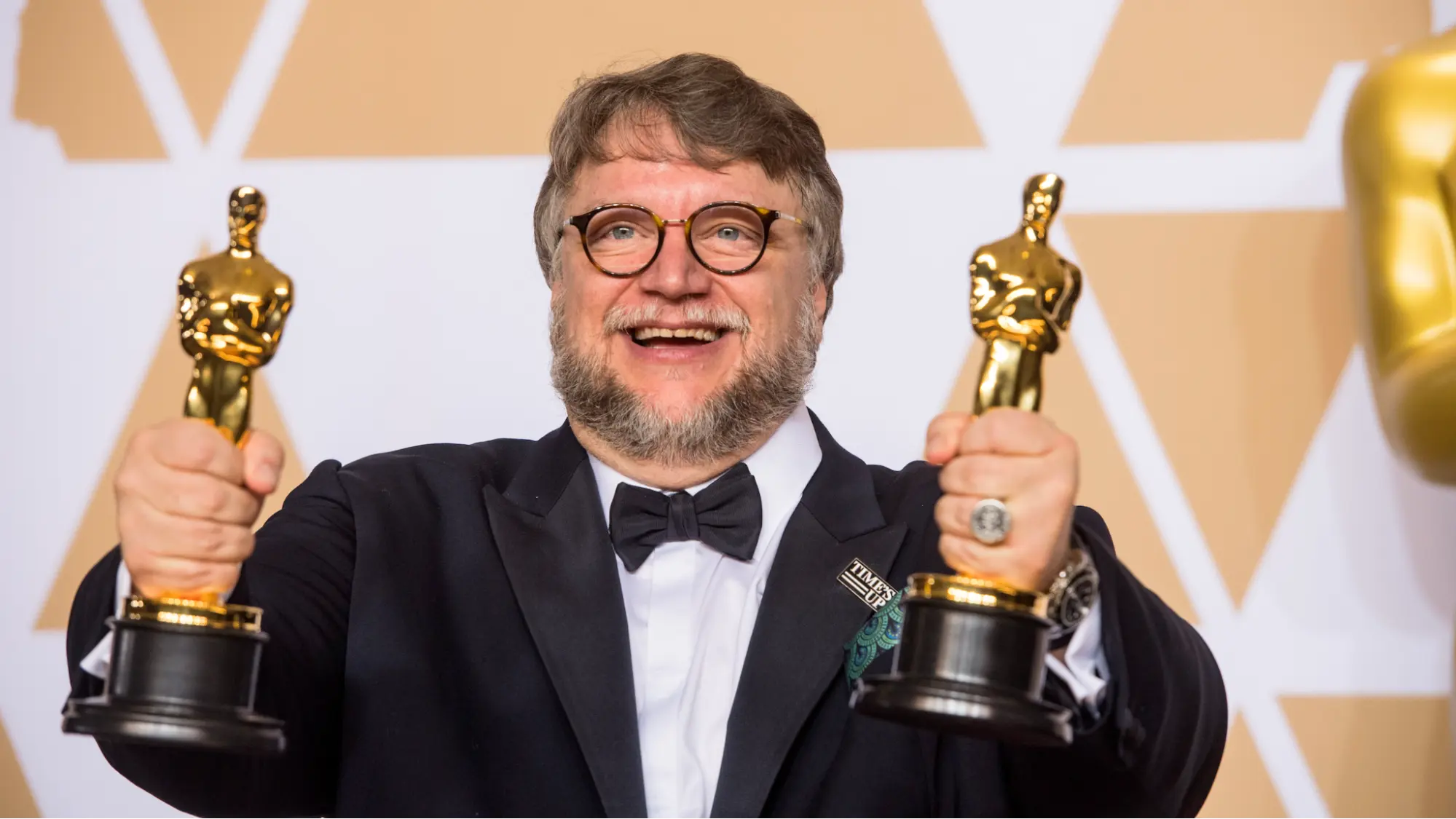
Guillermo del Toro referenced Miyazaki’s interview in his comments to Decider. The legendary Mexican director expressed his disinterest in AI-generated art while discussing his stop-motion adaptation of “Pinocchio.”
“I think that art is an expression of the soul. At its best, it is encompassing everything you are. Therefore, I consume, and love, art made by humans. I am completely moved by that. I am not interested in an illustration made by machines and the extrapolation of information. I talked to Dave McKean, who is a great artist. And he told me, his greatest hope is that AI cannot draw. It can interpolate information, but it cannot draw. It can never capture a feeling, or a countenance, or the softness of a human face, you know? Certainly, if that conversation was being had about film, it would hurt deeply. I would think it, as [Hayao] Miyazaki says, “an insult to life itself.”
How AI Technology Can Help Humans In Their Work Process Without Being “An ‘Insult’ To Life Itself”
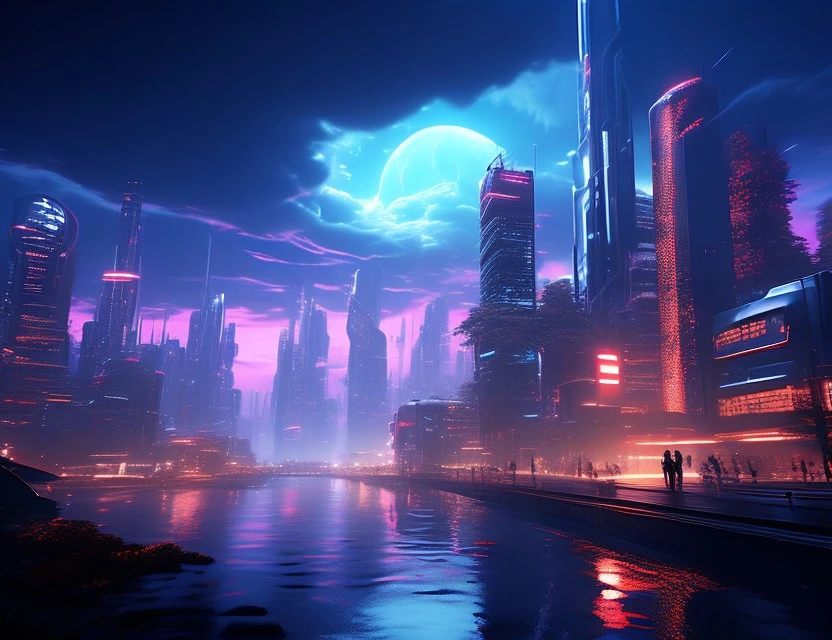
“Cyberpunk city skyline” digital AI art generated by Ludo.ai
However, the interviews with Hayao Miyazaki and Guillermo del Toro were conducted almost a full six years ago. The use of AI in art, video games, and other forms of digital media has been steadily growing over the years since then, and it has already led to some remarkable results, even results that use (or mimic) Studio Ghibli’s famed art techniques.
Illogical character animations made for horror games or shock value aside, AI can now be used to generate landscapes, textures, and character that would have taken much more time and effort to create manually (and the technology is constantly improving in terms of clarity and resolution). AI can also automate repetitive tasks, allowing engineers and developers to focus on the more creative aspects of game development.
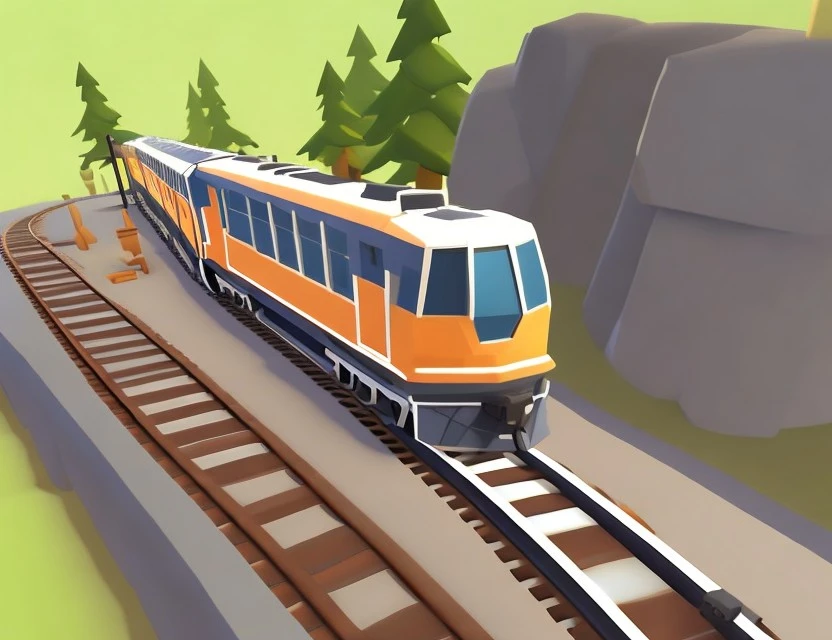
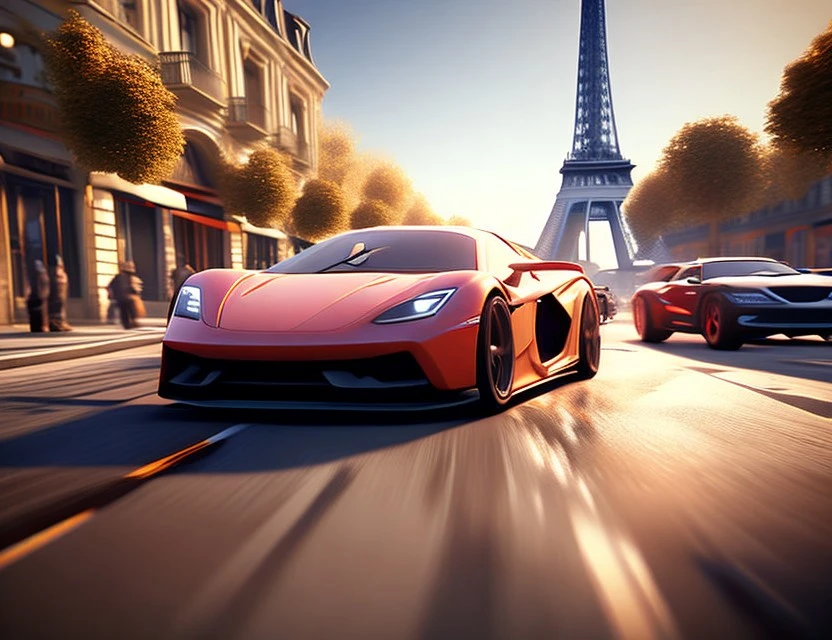
Ludo.ai can generate images, video game concept art, and gameplay examples using the power of AI. We think being able to generate such concepts in a matter of seconds can help the creative process in smashing through creative roadblocks or simply gain inspiration.
While the use of AI in art and media is still in its infancy, it's possible that as the technology evolves, it may be able to replicate the “human touch” more accurately. In the world of video games, developers are already using AI algorithms to create NPCs (non-playable characters) that can interact with players in meaningful ways. These AI-generated characters can learn from the player's actions, adapt to their playstyle, and even develop their own personalities over time.
It's also worth noting that the use of AI in art and media is not necessarily a replacement for human artists. Rather, it's a tool that can be used to enhance the creative process and bring new possibilities to the table. AI-generated art or other applications can be used as a starting point or a source of inspiration for human artists, who can then add their personal touch and creativity to the final product.
AI and Human Coexistence
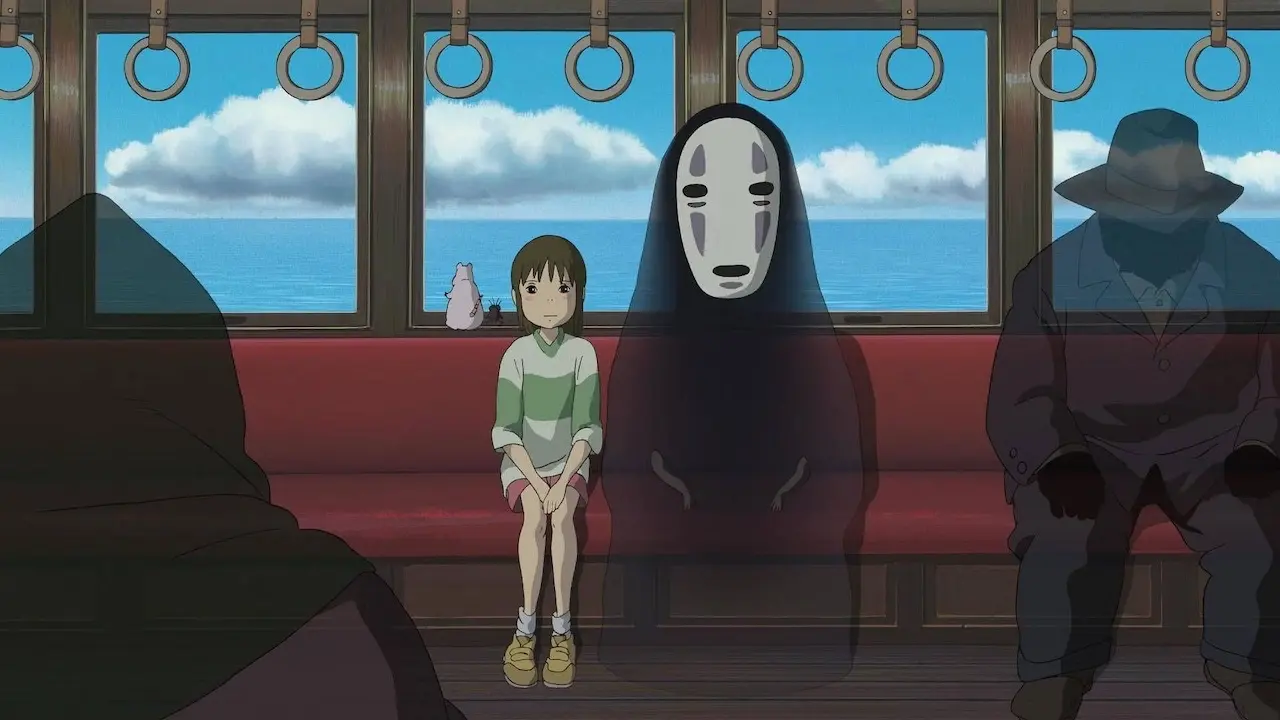
There is no doubt that AI-generated art, at its current infancy stages, lacks the emotional depth and complexity of human-created art. Art is not only about what is being created but also about the intent and emotions behind it. A human artist can imbue their work with their personality, experiences, and emotions, making it more meaningful and relatable to the audience. AI-generated art, on the other hand, lacks this personal touch, and it can feel random, sterile, and lifeless at times.
However, we at Ludo.ai do not believe in the vision that AI needs to completely replace what is good and unique about human-created art. We simply believe that AI-generated creations can happily coexist and even enhance human efforts to create better video game projects with greater efficiency.
We believe that as the months roll by, that line between human-created complexity and AI-created complexity is blurring, and the days of humans being able to tell the difference between something human-created or computer-generated may be nearing an end, whether we like it or not.
If video game developers can gain an understanding of the AI space and actively choose how to implement or integrate AI technologies into their work processes such as Ludo.ai, we believe ultimately our work processes can benefit and make our lives better.
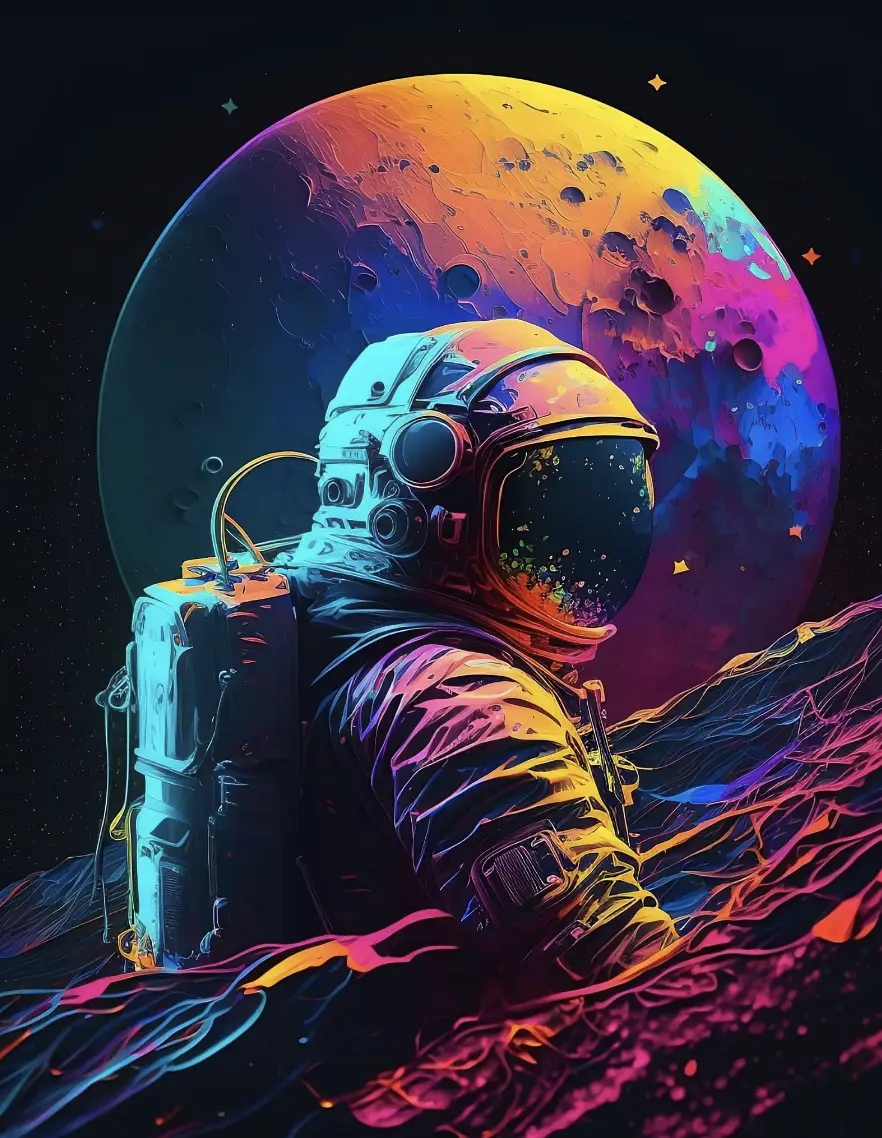
Much like how the Industrial Revolution helped make farming and manufacturing easier, and the information age of the internet and social media brought readily available information and entertainment to millions of users around the world, creating a more interconnected world, the advent of artificial intelligence (AI) technologies too can be harmoniously integrated into daily human life to make “quality of life” improvements to our existence to make us healthier, richer, and hopefully live more joyously.
Conclusion
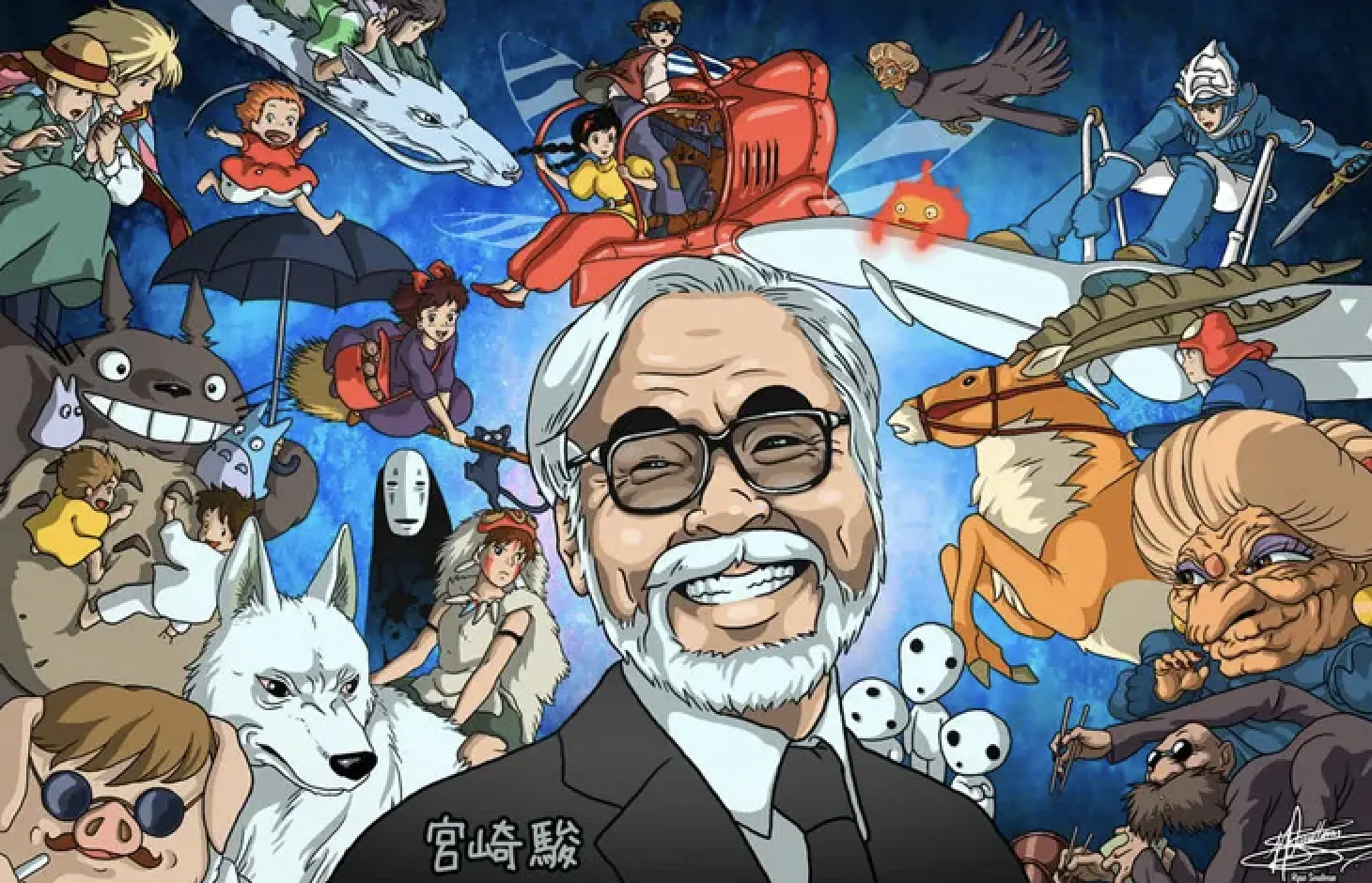
In conclusion, while Hayao Miyazaki's stance on AI-generated art may be extreme, it's essential to recognize that AI-generated art is still a far cry from human-created art in terms of emotional depth and complexity. However, as technology continues to evolve, it may be able to replicate the human touch more accurately, leading to new possibilities in the world of art and media.
Ultimately, the use of AI in art and media should be seen as a tool to enhance human creativity, rather than a replacement for it. As technology improves, perhaps it will convince even the likes of Miyazaki that AI can create something meaningful and thoughtful to the human experience without insulting human lives.

